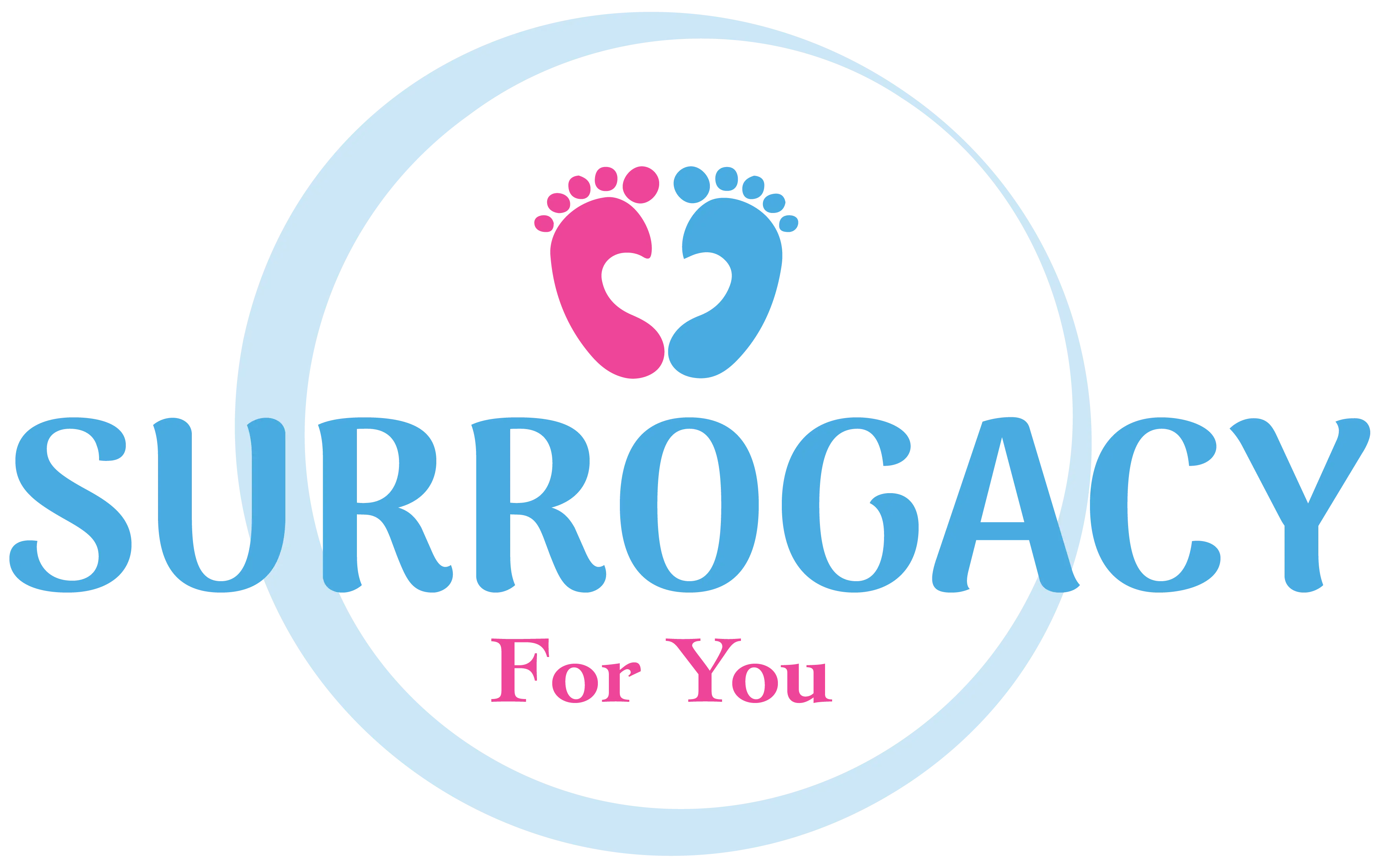IVF With Egg Donation
In vitro fertilization (IVF) with an egg donor is a process where a donor provides eggs that are fertilized with sperm (either from a partner or a donor) to create embryos, which are then implanted in the intended mother or a surrogate.
This option is often pursued when a woman cannot use her own eggs due to various reasons, such as age, genetic concerns, or infertility issues. Single men or gay couples may also use egg donors in conjunction with a surrogate to have biological children. Here’s a detailed overview of the process:


Process Overview
Selecting an Egg Donor
Medical Screening and Matching
- Donors undergo rigorous medical and psychological screening to ensure their suitability.
- Recipients should also undergo screening to confirm their readiness for IVF and pregnancy.
Egg Retrieval
- The donor undergoes ovarian stimulation to produce multiple eggs, which are then retrieved through a minor surgical procedure.
Fertilization
- The retrieved eggs are fertilized with sperm in a lab. This can be done via traditional IVF or intracytoplasmic sperm injection (ICSI), where a single sperm is injected directly into an egg.
Embryo Development
- The fertilized eggs develop into embryos over several days. Embryologists monitor their growth and select the best quality embryos for transfer.
Embryo Transfer
- The chosen embryos are transferred to the recipient’s uterus (or the surrogate's) in a minor procedure. Typically, one or two embryos are transferred to reduce the risk of multiple pregnancies.
Pregnancy Testing
- About 10-12 days after the embryo transfer, a blood test is performed to check for pregnancy.
Considerations
Success Rates
- IVF with egg donation generally has high success rates due to the use of eggs from young, healthy donors.
Ethical and Emotional Aspects
- Both donors and recipients often undergo counseling to address the emotional implications.
Legal Issues
- Laws regarding egg donation and parental rights vary by country and state, so legal advice is essential

IVF with an egg donor is a well-established option for many individuals and couples facing infertility or seeking to have a child with a genetic connection. The process, while complex, offers a viable path to parenthood for those who may not be able to conceive with their own eggs.

